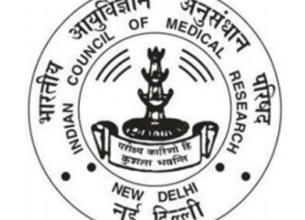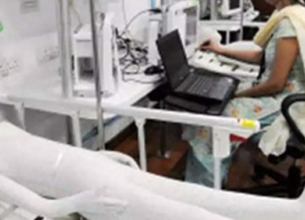CENTRE’S POLICY FOR TREATMENT OF RARE DISEASES
18, Jan 2020

Prelims level : Health
Mains level : GS-II Issues relating to Development and Management of Health
Why in News?
- The Union Ministry of Health and Family Welfare has published a national policy for the treatment of 450 ‘rare diseases.
- The policy intends to kickstart a registry of rare diseases, which will be maintained by the Indian Council of Medical Research (ICMR).
Highlights:
- The Centre first prepared such a policy in 2017 and appointed a committee in 2018 to review it. The revised policy says assistance of Rs 15 lakh may be provided for the treatment of some Such Diseases.
- Broadly, a ‘rare disease’ is defined as a health condition of low prevalence that affects a small number of people when compared with other prevalent diseases in the general population.
- There is no universally accepted definition of rare diseases, countries typically arrive at their own descriptions, taking into consideration disease prevalence, its severity and the existence of alternative therapeutic options.
- In the US, for instance, a rare disease is defined as a condition that affects fewer than 200,000 people.
- The same definition is used by the National Organisation for Rare Disorders (NORD). While a majority of rare diseases are believed to be genetic, many such as some rare cancers and some autoimmune diseases are not inherited.
- India does not have a definition of rare diseases because there is a lack of epidemiological data on their incidence and prevalence. According to the policy, rare diseases include genetic diseases, rare cancers, infectious tropical diseases, and Degenerative Diseases.
- As per the policy, out of all rare diseases in the world, less than five per cent have therapies available to treat them.
- In India, roughly 450 rare diseases have been recorded from tertiary hospitals, of which the most common are Haemophilia, Thalassemia, Sickle-cell anemia, auto-immune diseases, Gaucher’s disease, and cystic fibrosis.
Effects of the Disease:
- Rare diseases pose a significant challenge to health care systems because of the difficulty in collecting epidemiological data, which in turn impedes the process of arriving at a disease burden, calculating cost estimations and making correct and timely diagnoses, among other problems.
Handling the Challenge:
- The policy has mentioned some measures, which include creating a patient registry for rare diseases, arriving at a definition for rare diseases that is suited to India, taking legal and other measures to control the prices of their drugs and developing standardised protocols for diagnosis and management of the treatment.
- Under the policy, there are three categories of rare diseases , requiring one-time curative treatment, diseases that require long-term treatment but where the cost is low, and those needing long-term treatments with high cost.














